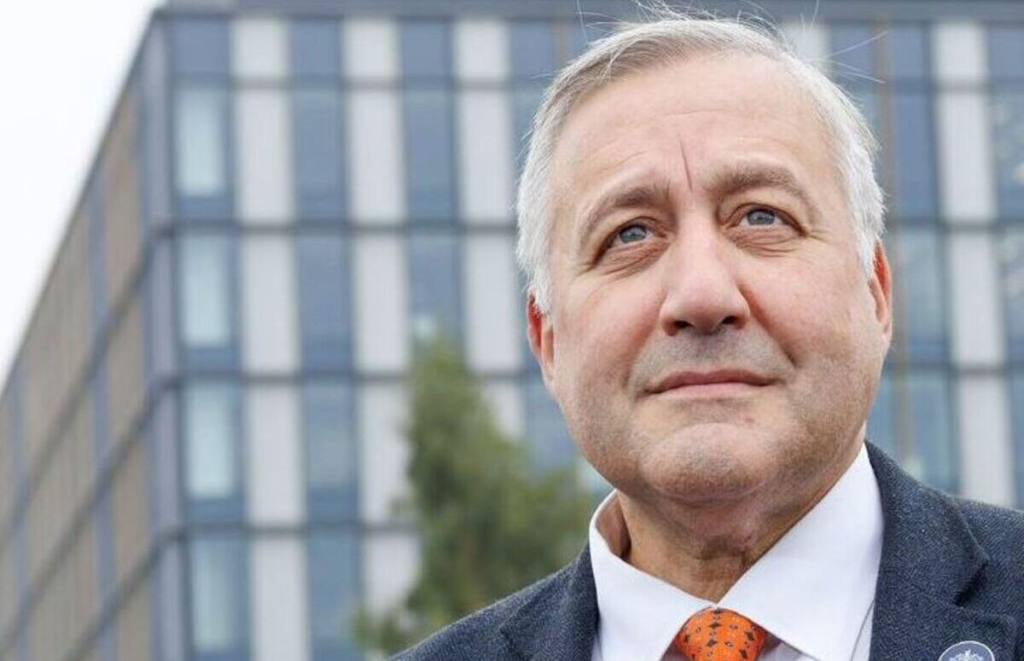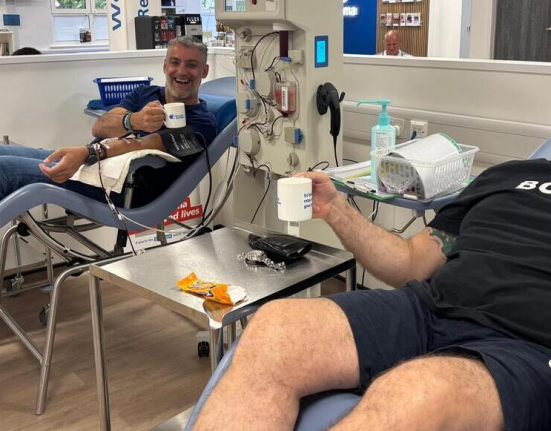Funding required for Midlands ‘clean room’ to create new medicines
A Birmingham health tech organisation is bidding for £12m in funding for a much-needed new “clean room” in which to create life-saving medical drugs and vaccines.
Precision Health Technologies Accelerator (PHTA), part of the University of Birmingham (UoB), has set aside a 5,000 sq ft space within the newly opened No.1 BHIC (Birmingham Health Innovation Campus) building, in which the PHTA occupies three floors, in Selly Oak.
A clean room is a sterile and controlled environment in which to manufacture new drugs and vaccines, including fill and finish processes.
Midlands currently does not have a clean room
Britain currently has clean room facilities in the Southeast and in Scotland, but the middle of the country is underserved – and Birmingham is ideally suited both geographically and demographically.

Professor Gino Martini, CEO of the PHTA, said the likely funding model for a new clean room in Birmingham would be through a public-private partnership (PPP).
On Birmingham’s suitability as a clean room location, Professor Martini said: “As well as being centrally located, Birmingham has a unique convergence of healthcare experts and business leaders working collaboratively to drive the highly lucrative life sciences sector forward.
Birmingham: 187 nationalities speaking 108 languages
“But perhaps the most striking aspect is Birmingham’s demography. With 187 nationalities, together speaking at least 108 languages, it’s true to say that the whole world is in Birmingham.
“Such ethnic diversity makes Birmingham the perfect place for conducting clinical trials on new medical drugs, including vaccines. Different people react differently to drugs, which is why ideally you need diverse patient groups to ensure the trial is representative and its results are applicable to all. Birmingham is perfect for this.”
Merck has pulled out of the UK
He spoke out as US pharma giant Merck, known in the UK as MSD, announced it is scrapping plans for a £1bn London centre. The move will impact around 125 jobs. Merck accused the British Government of not giving the life sciences sector enough priority and investing too little in the sector.
This setback for the sector comes as West Midlands Life Sciences Week, a celebration of health innovation from September 15 to 19, launches in Birmingham today.
Professor Paul Cadman, co-founder of Life Sciences Week, said: “With Merck pulling out of the UK, now is the time for our national and regional government to show real leadership and publicly commit to the life sciences sector, including right here in Birmingham and the West Midlands.”

West Midlands Life Sciences Week
He added: “Innovation, growth, improving health outcomes, advances in biomedical capabilities – that’s what Life Sciences Week is about. By gathering together biotech and medtech experts, entrepreneurs, investors and big brands focused on life sciences, we are harnessing the unique energy of the West Midlands to shape a better future for this generation and the next.”
Life Sciences Week will see leaders in biotech, medtech, academia and business joining forces in pursuit of the following four goals:
- Pharmaceutical & biotech: drug discovery, novel therapies, global research.
- Medical technology & diagnostics: tools, devices, diagnostics, clinical practice.
- Academic institutions: university research shared with the private sector.
- Investors: emerging ventures and opening doors to capital and scaling opportunities.







